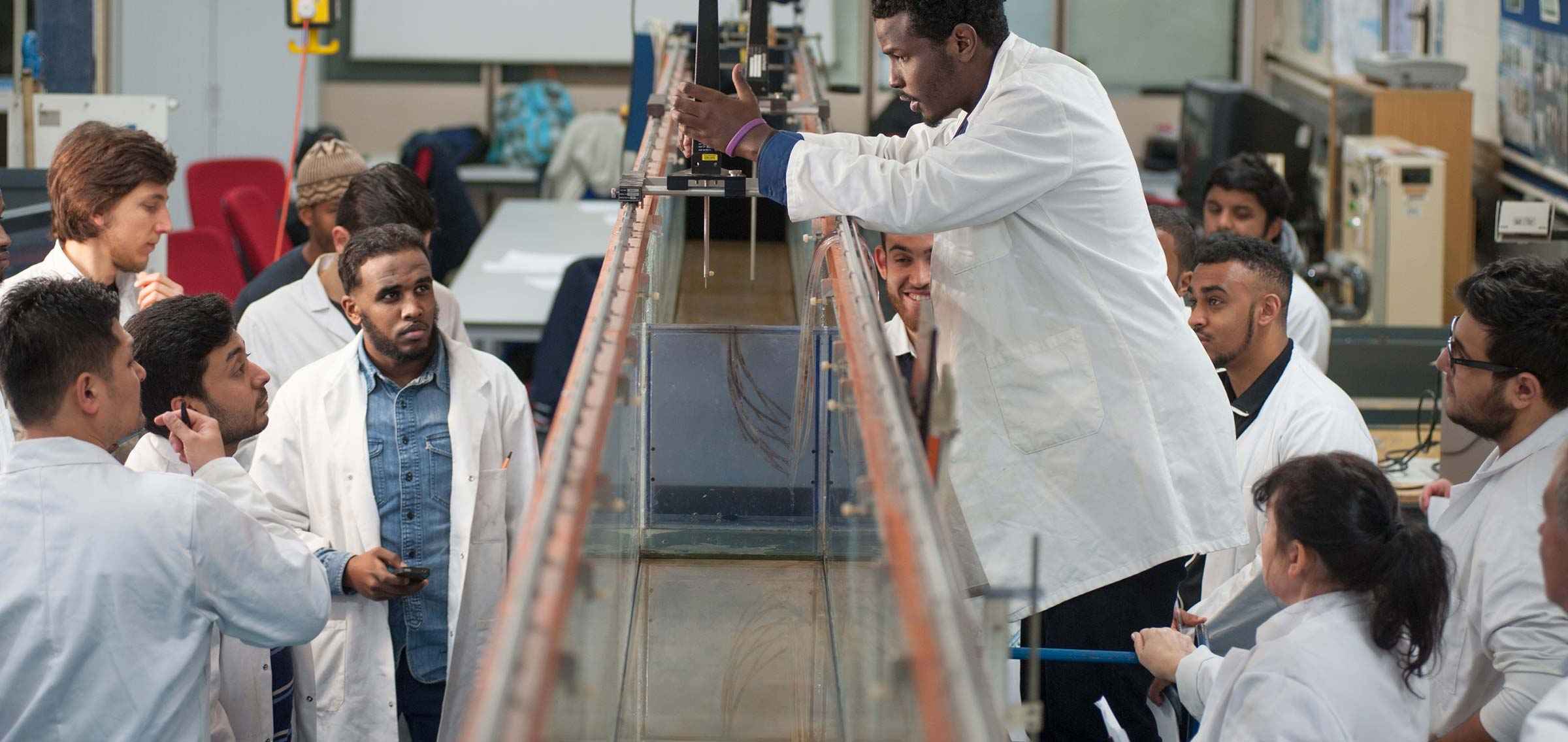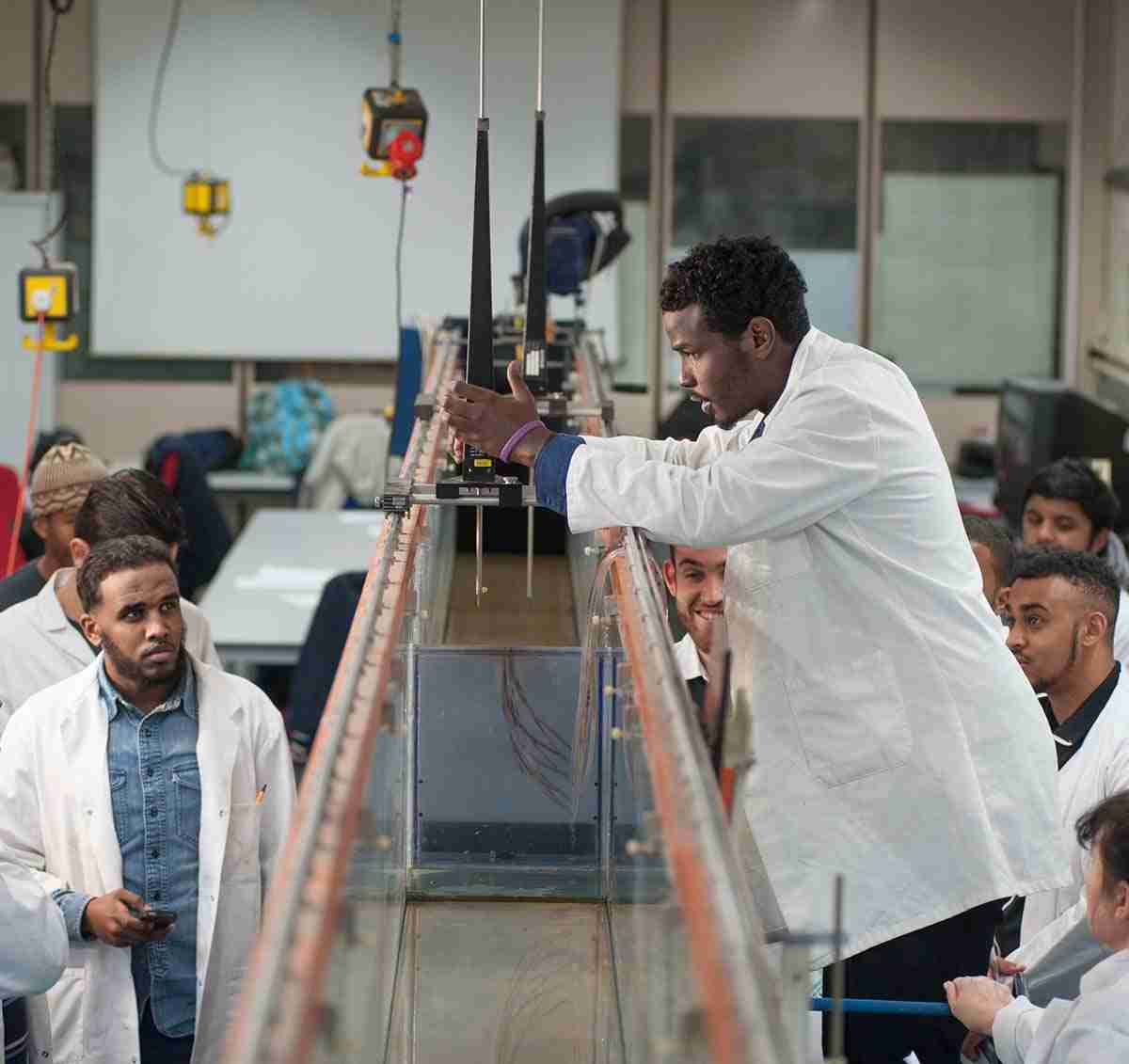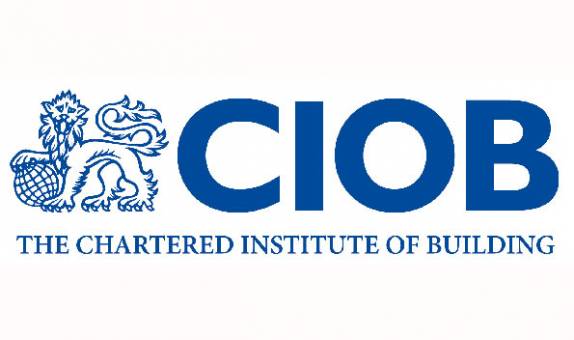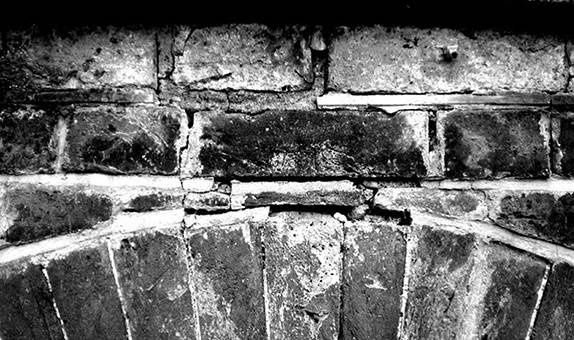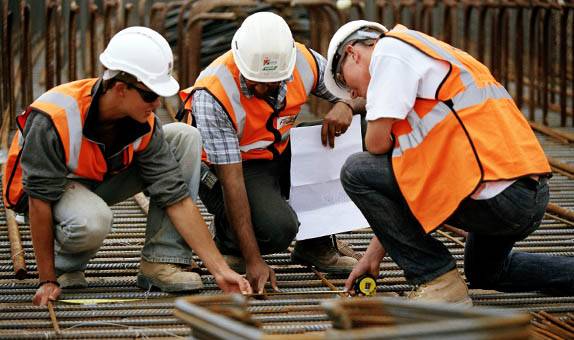Building Surveying MSc
Why choose this course?
This course focuses on the skills of the building surveyor operating within the construction industry. It centres on the requirements of the UK-based building surveying professional as identified by the RICS. It also offers European and global perspectives appropriate to the requirements of international consultancies.
You will develop professional skills and examine the multidisciplinary requirements specific to building surveying, such as building information modelling.
You will gain knowledge of building materials, construction technology and pathology, legal and regulatory issues, such as party wall issues, the design of simple structures, and the preparation of schemes for the rehabilitation of buildings.
| Mode | Duration | Attendance | Start date |
|---|---|---|---|
| Full time | 1 year | 2 days a week |
September 2024 September 2025 |
| Full time | 2 years including professional placement | 2 days a week plus placement year |
September 2024 September 2025 |
| Part time | 2 years | 1 day a week |
September 2024 September 2025 |
| Main Location | Penrhyn Road |
Reasons to choose Kingston University
- This course is ideal if you are looking to further your building surveying qualification and gain entry into the construction industry.
- Your learning will reflect the developing sustainability agenda with which construction professionals must engage.
- Our teaching is engaging and practice-focused, and supported by site visits and invited guest lecturers from our industry liaisons and strong alumni network.
Accreditation
This course is fully accredited by the Royal Institution of Chartered Surveyors (RICS) and the Chartered Institute of Building (CIOB). Many of our graduates go on to qualify as Chartered Surveyors.
What you will study
You will gain knowledge of building materials, construction technology and pathology; specialist legal and regulatory issues (such as party wall issues); the design of simple structures; and the preparation of schemes for the rehabilitation of buildings. The course focuses on the core competencies of the building surveyor operating within the construction industry. It takes into account the developing sustainability agenda with which construction professionals must increasingly engage, together with multidisciplinary requirements specific to building surveying (such as building information modelling). While centred around the discipline requirements necessary for the UK-based building surveying professional (as identified by the RICS), the course also contains European and global perspectives
For a student to go on placement they are required to pass every module first time with no reassessments. It is the responsibility of individual students to find a suitable paid placement. Students will be supported by our dedicated placement team in securing this opportunity.
Modules
Professional placement
Core modules
Sustainable Construction Technology
15 credits
This module will provide you with broad expert knowledge in commercial construction technology, from pre-construction to post-construction phases, with a focus on sustainable construction and building services in the built environment. Sustainability, Building Regulations, and Construction Design and Management (CDM) regulations will also be highlighted to create inclusive environments in line with the demands of the construction industry.
The module enables you to develop skills in employing traditional and contemporary construction methods for commercial building designs, analysing the choice and use of different construction materials for building elements, interpreting and producing drawings/sketches of building structures and elements, as well as exploring appropriate building service solutions for sustainable development. You will have an extended vision of sustainability and construction management.
By the end of the module, you should have developed in-depth knowledge of building types, site investigation, substructure (foundations and basements), superstructure (framed structure, floors, ceilings, cladding, roofs), selection and use of different construction materials, building construction design in compliance with building regulations and relevant guidelines, drawing skills, and sustainable solutions of building services (thermal, moisture, lighting, acoustics, air quality, water supply, fire safety, and electricity).
Procurement and Project Delivery in Context
15 credits
The module introduces you to the processes used to procure and manage construction projects. You will be provided with an overview of the construction industry and the role of the surveyor in key stages of the property life cycle. The fundamentals of professional and ethical conduct and principles of client care and inclusive communication and collaboration will be explored. The module will proceed to introduce you to procurement and tendering arrangements typically employed in the UK construction sector, enabling you to apply your knowledge to identify optimal solutions to suit the client's needs. Project management techniques and tools will also be covered, with emphasis placed on core functions relating to project planning, programming and control. Soft skills essential for successful project delivery will be considered. You will attend a series of lectures and practical sessions and be expected to take an active role by applying your knowledge to practical scenarios within these. The module is assessed by a client report.
Law and Contract Administration
15 credits
This module explores into the intricacies of contractual arrangements and administration within the context of the UK construction industry. Throughout this module, you will acquire a comprehensive understanding of key concepts and principles, enabling you to navigate the legal landscape that governs construction projects and their appropriate approach to contract administration. This module offers a profound deliberation into various facets of legal obligations and contract administration in construction, including statutory and regulatory frameworks, standard contract forms, and the roles and responsibilities of parties involved in construction contracts. This module equips you with knowledge in cultivating analytical and critical approaches in applying the law of obligations and evidence, and skills essential for successful contract management, risk mitigation, conflict and dispute resolutions and compliance with statutory requirements; skills that are invaluable for built-environment professionals in the construction industry that fulfils key criteria as set by the relevant professional institutions in the UK. The module also accentuates the development of relevant graduate attributes highly sought after in the construction industry, such as collaboration, critical thinking, problem-solving, communication, initiative and creativity.
Business, People and Digital Technologies for Sustainable Environments
15 credits
This module provides you with the knowledge and skills required for managing people and organisations in sustainable environments within the construction industry context. It introduces you to the basics of business planning and organising to achieve business goals and objectives.
In addition, the module encompasses the knowledge of accounting principles, standards and the knowledge and skills required for evaluating the financial standing and viability of organisations as a prerequisite for involvement in a project team.
People are an essential and critical resource for the success of any construction endeavour. The module will explore human resource and people management and how they affect and are affected by the construction process. You will learn the importance of understanding the person and how the construction process affects individuals' wellbeing and sense of belonging. The abilities to negotiate and resolve conflicts will be emphasised.
Managing information effectively within organisations and projects is critical for business success in the construction industry. This module further provides you with the knowledge and skills for managing general information and project information using computerised and collaborative digital tools and systems.
The module provides an in-depth understanding of Building Information Modelling (BIM) and Construction Information Management System (CIMS) in the construction industry. It covers various topics related to BIM and CIMS, including their application, benefits, challenges, and future developments. You will delve into the different stages of BIM and CIMS, including modelling, collaboration, documentation, and analysis. The module will cover various software tools that are commonly used in BIM and CIMS, such as Autodesk Revit, Navisworks, and BIM 360.
In addition, you will learn how digital construction has revolutionised the construction industry and how BIM and its closely-related digital technologies are used as tools for the realisation of the Construction Industry 4.0. The module will discuss the future trends and developments in BIM and CIMS, such as the integration of Artificial Intelligence (AI), Machine Learning (ML), and Virtual Reality (VR) in construction.
Design and Specification
30 credits
This module will develop your working knowledge of materials and your capacity to produce appropriate specification of works accordingly.
You will develop a comprehensive grasp of critically analysing client requirements and subsequently crafting viable solutions that align with UK building regulations, approved documents, and standards, while considering broader societal factors.
You will gain a deep understanding of economic principles, equipping you with the ability to make informed and critical decisions when assessing the feasibility and viability of any proposed design options, taking into account a diverse range of economic factors.
The module also encompasses the knowledge in financial management which informs the strategic planning, controlling, and monitoring of financial resources for achieving the overall project goal in an efficient and effective manner. You will be introduced to the estimation method for measuring the quantity of materials, size of workforce and equipment required on site, as well as off-site manufactured components, needed to deliver a project.
In addition, this module enables you to understand the principles of computer aided design (current REVIT version) and allows you to gain proficiency in its use so that you will be prepared for entry into work as a trainee building surveyor. You will also gain an understanding of structures and the structural behaviour and properties of building materials. The module will also consider the practical implications on buildability of specifying materials and will also cover CDM (Construction Design and Management) and statutory approvals.
Inspection and Building Pathology
30 credits
The module aims to enable you to develop a deep understanding of building defects and pathology and to develop your ability to recognise the causes of obsolescence and dilapidations in buildings. You will consider the different types of decay which affect building materials and consider approaches to building management and options for effective maintenance. The module will also consider different approaches to building re-use and renewal and carbon reduction technologies which can be incorporated into a variety of building types.
Applied Research Methods and Dissertation
60 credits
The overall aim of the module is to allow you to develop research skills and gain an appreciation of a subject area of your own choosing. In undertaking the work that is required you will be able to demonstrate knowledge and competence in reviewing existing published literature and data and through the use of your own efforts apply one or more of a range of research methods to collect and analyse data and draw well-founded conclusions as a result of your research. The module allows you to study an area of interest in significant depth and allows you to demonstrate a clear understanding of what has been learnt through a variety of means; a literature review, a research proposal, an oral presentation and a substantial dissertation.
Professional placement
Professional Placement
120 credits
The Professional Placement module is a core module if you're following a masters programme that incorporates an extended professional placement. It provides you with the opportunity to apply your knowledge and skills in an appropriate working environment, and develops and enhances key employability and subject specific skills in your chosen discipline. You may wish to use the placement experience as a platform for a major project or your future career.
It is your responsibility to find and secure a suitable placement opportunity; this should not normally involve more than two placements which must be completed over a minimum period of 10 months and within a maximum of 12 months. The placement must be approved by your Course Leader prior to commencement to ensure its suitability. You will have access to the standard placement preparation activities offered by the Student Engagement and Enhancement (SEE) group.
Read more about the postgraduate work placement scheme.
Work placement scheme
Many postgraduate courses at Kingston University enable students to take the option of a 12-month work placement as part of their course. Although the University supports students in finding a placement and organises events to meet potential employers, the responsibility for finding the work placement is with the student; we cannot guarantee the placement, just the opportunity to undertake it. You may find securing a professional placement difficult as they are highly competitive and challenging, but they are also incredibly rewarding. It is very important to prepare and apply yourself if this is the route you wish to take. Employers look for great written and oral communication skills and an excellent CV/portfolio. As the work placement is an assessed part of the course, it is covered by a student's Student Route visa.
Find out more about the postgraduate work placement scheme.
Entry requirements
Teaching and assessment
Who teaches this course?
The course is taught by the Department of Civil Engineering, Construction and Surveying. Staff have a wide range of experience across research and industry and continue to practice and research at the cutting edge of their discipline.
Our programmes have been designed with your aspirations, needs and abilities in mind, and are aimed at developing your specialist skills, deepening your understanding and gaining new insights and perspectives to equip you for a professional career ahead.
Academic staff in the department are bonded in an interdisciplinary team of civil and structural engineers, material scientists, geologists, hydrologists, construction managers, building and quantity surveyors with professional practice and applied research backgrounds. Many of us are nationally and internationally recognised leaders in our areas of specialism and we are frequently invited to undertake high-profile external research and consultancy work.
Having developed our courses with the working world in mind, we offer hands-on student experiences such as testing in our exemplary laboratory facilities in structures, materials, concrete, geotechnics and hydraulics that are used for teaching and research. Knowledge is also gained from field trips for both undergraduates and postgraduates; site visits and industrial placements; employability support via our strong partnerships with industry, professional institutions and learned societies.
Our teaching is engaging and practice-focused and supported by site visits and invited guest lecturers by our industrial liaisons and strong alumni network. Our approach to assessment is project-driven and seeks to equip students with a range of competencies and transferrable skills thus boosting their employability prospects.
Postgraduate students may run or assist in lab sessions and may also contribute to the teaching of seminars under the supervision of the module leader.
Facilities
There is a wide range of facilities for practical work at our Penrhyn Road campus, where this course is based. You will have access to a modern environment with the latest technology and industry-standard equipment, including:
- extensive materials and structures facility for concrete, masonry, steel and timber;
- geotechnical and hydraulics testing facilities; and
- surveying equipment, such as satellite global-positioning systems.
Dedicated computer-aided design facilities include:
- a range of CAD/CAM packages, such as Ideas, SolidWorks and AutoCad;
- finite element analysis
- computational fluid dynamics; and
- virtual instrumentation.
Fees for this course
Additional costs
Depending on the programme of study, there may be extra costs that are not covered by tuition fees which students will need to consider when planning their studies. Tuition fees cover the cost of your teaching, assessment and operating University facilities such as the library, access to shared IT equipment and other support services. Accommodation and living costs are not included in our fees. Where a course has additional expenses, we make every effort to highlight them. These may include optional field trips, materials (e.g. art, design, engineering), security checks such as DBS, uniforms, specialist clothing or professional memberships.
After you graduate
Where this course will take you
Entry into the RICS is a route often taken by our graduates when they can satisfy the entry requirements thus they become chartered building surveyors.
The building surveyor is often referred to as a "Building Doctor" as the chartered building surveyor is often the first person called in should a building develop a fault or defect.
This valuable work can span from why damp is becoming apparent to cracks appearing, the building surveyor will seek the cause of the problem, suggest a remedy and often supervise the subsequent on site work needed to achieve a cure.
We have graduates working in positions as diverse as the Royal Palaces, housing associations as well as building surveying consultancy firms.
What our students say
Lucy talks about her experiences of the Building Surveying MSc and why she chose to study here.
How we can support you
We will allocate you a personal tutor on your arrival at Kingston University. Your tutor will make sure you receive appropriate advice regarding your academic development. During your project, you receive extra support from a project supervisor, who will provide advice and feedback.
You will also be able to use the University's Careers Service and counselling service.
Research areas
Many academic staff are engaged in a range of research and consultancy activities funded by the Research Councils, the European Union, the government, trade unions and industry. These activities ensure our staff are in touch with the latest industry thinking and bring best practice to your studies.
Research centres
Engineering research within the Faculty is organised into three research centres, which provide focus and encourage the cross-fertilisation of ideas.
Civil engineering and construction research takes place in the Sustainable Technology Research Centre. The research groups within the centre cover a wide range of topics, including:
- land use
- building design and construction
- re-cycling waste materials
- efficient energy use and distribution
- water resources (hydraulics)
- monitoring using remote sensing.
Course changes and regulations
The information on this page reflects the currently intended course structure and module details. To improve your student experience and the quality of your degree, we may review and change the material information of this course. Course changes explained.
Programme Specifications for the course are published ahead of each academic year.
Regulations governing this course can be found on our website.
